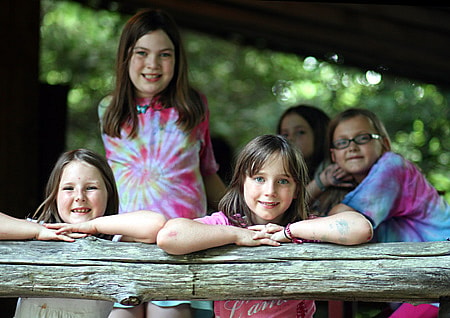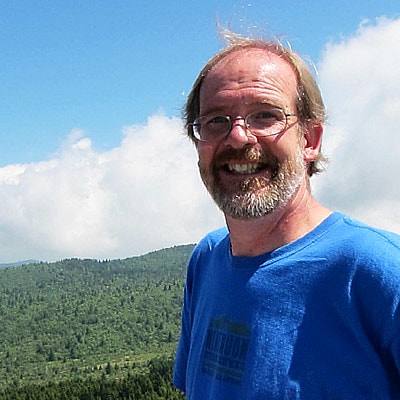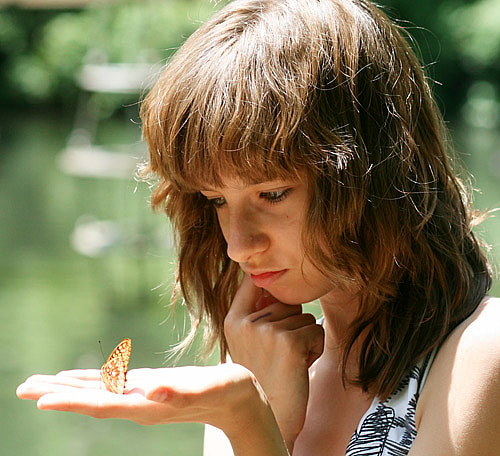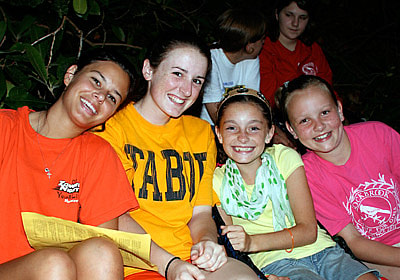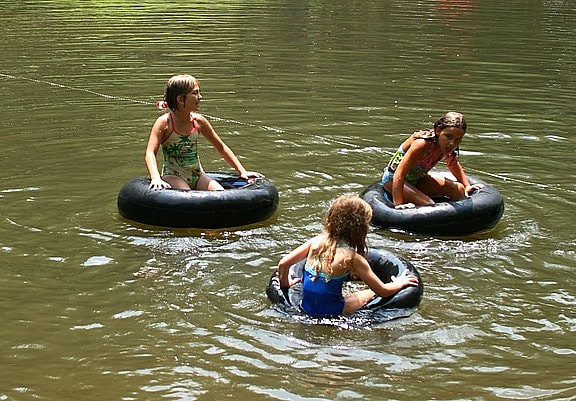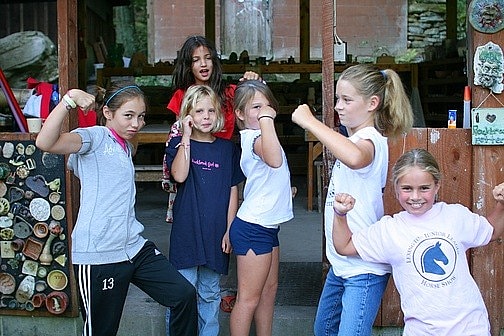Have you heard of the SUCCESS Act (H.R. 5963), a bill introduced last year by US. Representative Carolyn McCarthy of New York? “SUCCESS” is an acronym for (promoting) Students Using the Camp Community for Enrichment, Strength, and Success. Essentially this bill would direct the Secretary of Education to fund pilot programs exploring how the summer camp experience promotes physical activity and healthy lifestyles among children and youth, reduces summer learning loss, and promotes academic achievement.
It’s long been known among summer camp professionals, and among camp parents, that children who attend camp receive unique and valuable benefits. Because of camp, kids are better prepared for school when they return, are more physically fit by virtue of the activities at camp, and are more socially adept and emotionally mature (confident, independent, resilient). Likewise, it’s clear camp kids struggle less with childhood obesity and summer learning loss, two issues that are rampant and negatively impacting today’s children in America.
This legislation recognizes these benefits of a camp experience and aims to study how they can be more broadly known, made more widely available to children throughout the country, and how they can be more tightly integrated with school curricula. We know camp is powerful, but let’s talk about how and let’s get more children involved so they too can benefit from the experience. This bill would be a good step toward that goal.
The American Camp Association is promoting the SUCCESS Act as well.
Unfortunately, this bill “died” in the Subcommittee on Healthy Families and Communities during the 111th Congress, and thus far in the new 112th congress, it has not been reintroduced. In today’s federal budget climate, it’s hard to imagine this new congress being too excited about bolstering our nation’s public education, in even the small step the SUCCESS Act was designed to achieve. That’s a shame, you have to admit.

